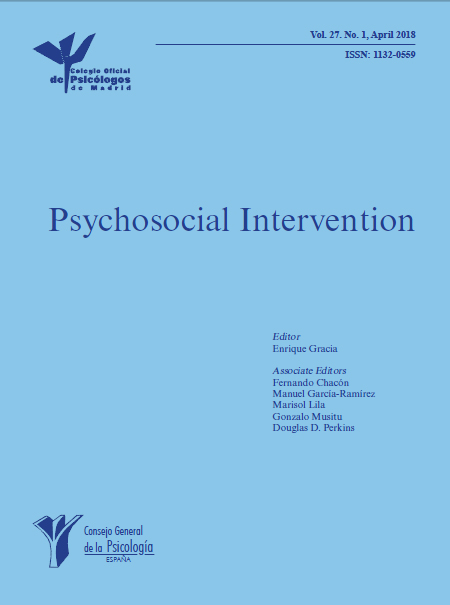
Meaning and determinants of career success: A Malaysian perspective
[El significado del éxito en la carrera profesional y sus determinantes: la perspectiva malaya]
June M. L. Poon1 , Jon P. Briscoe2 , Rohayu Abdul-Ghani3 , Eric A. Jones2
1Univ. Kebangsaan, UKM-Graduate School of Business, Malasia ,2Northern Illinois Univ., Estados Unidos ,3Univ. Kebangsaan, Malasia
https://doi.org/10.1016/j.rpto.2015.02.002
Abstract
This exploratory, qualitative study sought to unearth and explore meanings of career success and perceived influences on career success among working adults in Malaysia. Eighteen people in nursing, blue-collar,and business occupations were interviewed. Three objective and five subjective meanings of career success and six perceived internal factors (primarily individual traits) and three external factors emerged from the data. The research suggests that people in the early stage of their career are more instrumentally driven indefining career success, whereas people in the late stage of their career target a greater variety of career features and outcomes. Also, the research suggests Malaysian working adults should not be stereotyped as being satisfied with collective outcomes as many also target individual achievements.
Resumen
Este estudio exploratorio cualitativo busca descubrir y explorar los significados del éxito en la carrera profesional y las influencias que aprecian en el mismo los trabajadores adultos malayos. Se entrevistó a18 personas de las profesiones de enfermería, obreros y del mundo empresarial. De los datos surgieron tres significados objetivos y cinco subjetivos acerca del éxito en la carrera profesional y se apreciaron seis factores internos (sobre todo rasgos individuales) y tres externos. La investigación indica que cuando se encuentran en las primeras fases de su carrera profesional, a las personas las mueve un mayor afán instrumental al definir el éxito profesional, mientras que en fases más avanzadas de su carrera profesional se centran en una mayor variedad de características y resultados de la misma. Igualmente la investigación apunta que los trabajadores adultos no deberían estereotiparse en el sentido de contentarse con los resultados colectivos, dado que muchos se centran también en logros individuales.
Adler and Gundersen, 2008, Arokiasamy et al., 2011, Arthur et al., 1989, Arthur et al., 2005, Arthur and Rousseau, 1996, Briscoe et al., 2011, Dunnette, 1976, Feldman and Ng, 2007, Gattiker and Larwood, 1988, Greenhaus et al., 2000, Grimland et al., 2012, Hall, 1996, Hall, 2002, Hall and Chandler, 2005, Hennequin, 2007, Heslin, 2005, Hofstede, 2001, Ismail and Ibrahim, 2007, Ismail and Rasdi, 2006, Ismail et al., 2005, Judge and Bretz, 1994, Judge et al., 1995, Judge et al., 1999, Judge and Kammeyer-Mueller, 2007, Judge et al., 2010, Juntunen et al., 2001, Korman et al., 1981, Lawrence, 2011, Lirio et al., 2007, Maurer and Chapman, 2013, McClelland, 1961, McGrath, 1981, Miles and Huberman, 1994, Nabi, 1999, Ng et al., 2005, Ng and Feldman, 2010, Nicholson and de Waal-Andrews, 2005, Patton, 1990, Poon, 2004, Rasdi et al., 2011, Schwartz, 2006, Seibert et al., 1999, Shaffer et al., 2006, Strauss and Corbin, 1990, Sturges, 1999, Sullivan and Mainiero, 2008, Traavik and Richardsen, 2010, Tu et al., 2006, Wayne et al., 1999, Whitely et al., 1991 and Wolff and Moser, 2009.
Copyright © 2024. Colegio Oficial de la Psicología de Madrid








 CrossRef
CrossRef






